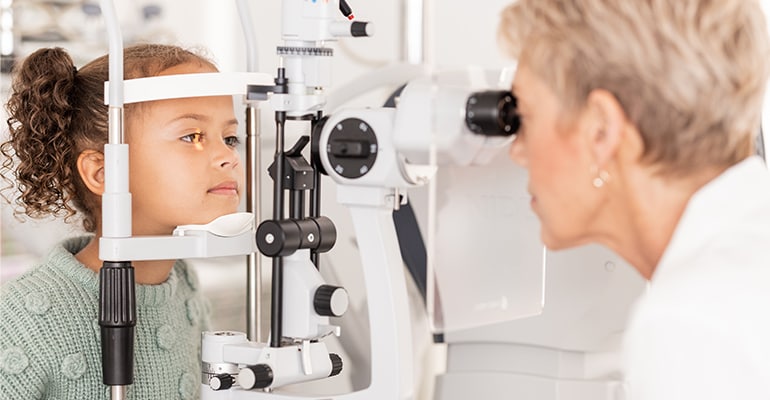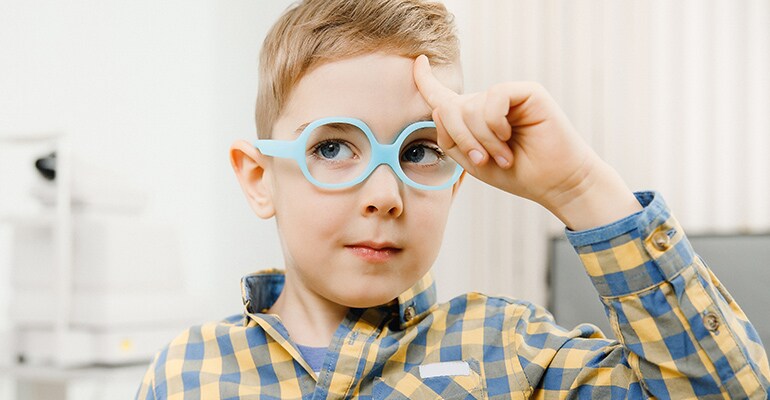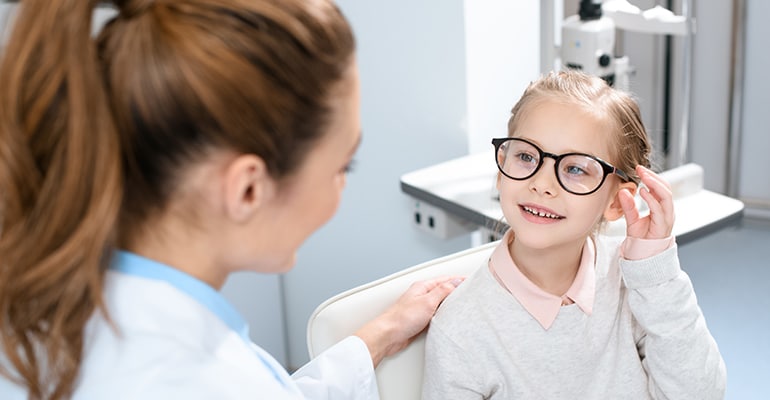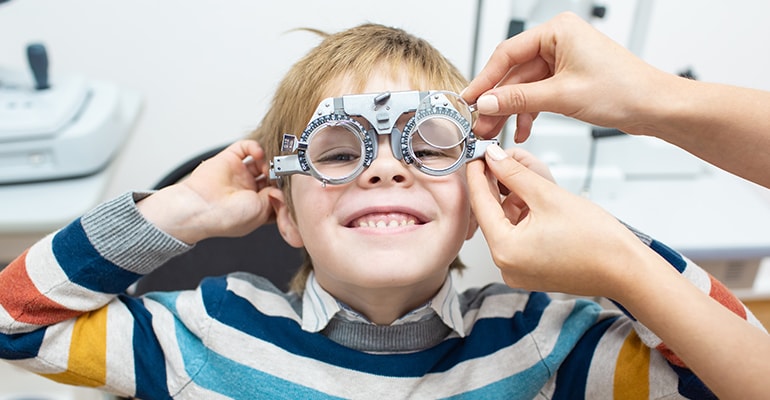Regular eye checks and use of corrective glasses when needed are crucial components of a child's overall health and performance in school and social scenarios. This article seeks to shed light on their importance.

Regular Eye Checks
Performing regular eye checks for children is fundamental for several reasons. Early detection of vision problems is the primary one. Without routine examinations, health issues such as myopia (nearsightedness), hypermetropia (farsightedness), amblyopia (lazy eye), astigmatism, or strabismus (crossed eyes) can go undetected and untreated. These conditions often deteriorate with time if left unrecognized and unaddressed, leading to severe vision impairment or blindness in extreme cases.
Secondly, good vision is linked with academic performance. Clear vision is key in retaining information taught, such as writing on the whiteboard or reading textbooks. Undiagnosed visual impairment could manifest as poor academic performance, with the child inaccurately perceived as lacking focus or commitment.
Thirdly, eye checks allow for regular update of prescription glasses or contact lenses. Over time, a child's visual acuity may change, requiring a new lens power. Without proper checks, a child might continue to use out-of-date prescription, therefore straining and worsening their eyesight.

Corrective Glasses
When a child has been diagnosed with a refractive error, corrective glasses become an essential tool to aid their vision. Their importance lies in a few key areas.
Firstly, corrective glasses can prevent a child's vision from deteriorating further. By adjusting the light entering the eyes to focus accurately on the retina, glasses correct the refractive error and confer clear vision, alleviating strain and potential for worsening conditions.
Secondly, glasses enhance a child's overall quality of life. Children with corrected vision can participate fully in visual activities they might have shied away from. It fosters a sense of social inclusion, empowering them with confidence and enabling them to enjoy activities such as sports or arts, which otherwise could have been tedious or impossible tasks.
Finally, corrective glasses play a part in managing certain eye conditions. In the case of amblyopia, where one eye usually has significantly reduced vision, glasses are part of the treatment plan. The child is often prescribed to wear glasses and can be advised to patch the stronger eye, encouraging the 'lazy eye' to work harder.

To further emphasize the importance of regular eye checks and corrective glasses for kids, it's crucial to delve into other secondary yet significant implications.
One noteworthy point is the association of corrective glasses with behavioral changes. Children with uncorrected vision problems may exhibit behavior mistaken as disinterest or inattentiveness. They may avoid activities that strain their eyes, such as reading, resulting in an avoidant behavioral pattern. On correcting the vision, these discrepancies often resolve, and their overall behavior improves.
Another aspect is an eye exam's capacity to detect hidden or systemic health problems. Regular eye check-ups can spot signs of conditions like diabetes, high cholesterol, and even brain tumors. Early detection of these illnesses can yield better outcomes and minimize the impact on the child's health.
Furthermore, using corrective glasses when needed enhances safety. Children with good vision are less likely to succumb to accidents caused by impaired judgment of relative positions and distances of objects.
In essence, regular eye checks and corrective glasses play a multifaceted role in a child's development, and ensuring their optimal vision becomes essential not just for academic success, but for improved behaviour, early illness detection, and safety.

In conclusion, it is the responsibility of parents and caregivers to ensure that their children have regular eye checks. If necessary, they should be provided with appropriate corrective glasses. A child's success in the classroom, social scenarios, and even their future professional life are directly linked with optimised vision health. Prioritizing regular eye checks and the use of corrective glasses when needed is, therefore, a matter of critical urgency and should be a part of any healthcare agenda for every child.

